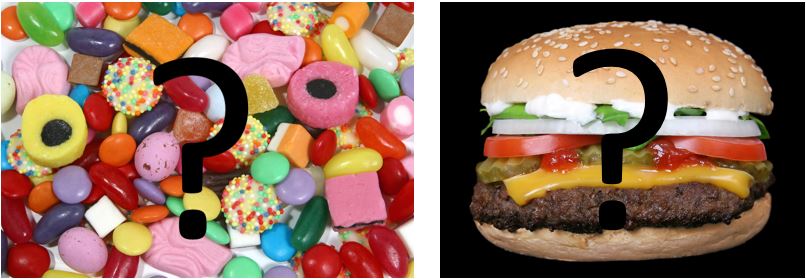TEENAGE NUTRITION - Why is it so important?
Apr 13, 2018
Posted by: Monique Parker

Being a teenager is quite something. There is so much happening in those young bodies, physically and emotionally, and at the same time, they will have to deal with parents, peer groups, school, expectations, social media, bullying, body image, love etc.
The body is changing and growing, but it is not just about hormones or getting taller.
The brain is developing in an amazing way, wiring and rewiring, and even sleeping patterns start changing. Hormones are affecting the body clock, or circadian rhythm, making teenagers wanting to go to bed late at night and get up late in the morning.
This big rollercoaster transition from child to adult needs optimal energy and nutrition.
Food is information and our bodies need all the right information to function properly, especially during these crucial years. Eating a healthy, balanced diet can help improve energy levels, boost concentration and performance, positively affect mood, reduce stress and anxiety. Plus, it can prevent ill health of course. As food provides information for all your bodily functions, it also affects how you look. I’m sure we all know how a bad diet can affect skin outbreaks for instance. Good eating habits as a teenager are a great investment, as it is more likely that these habits will be continued when the youngsters get older.
Unfortunately, many teenagers have unhealthy eating behaviours, such as skipping meals, regular dieting, or eating junk food. They might not see the importance of a healthy balanced diet now but it definitely has a lot of benefits and will improve how you feel and how you look.
What can good nutrition do for you?
Ok, teenagers, it is time to pay attention now. Here is information on good foods and supplements that will help you to feel more energetic, improve your mood, help you to stay focused, improve your skin etc. Think of your body as a car. Would you put rubbish petrol in it? Just like petrol in a car, food is fuel for the body, and you want it to be good quality. I'm not saying that you should never ever have pizza or burgers, or that doughnut again, but see it as an occasional treat and not as your daily nutrition.
Concentration & memory
What you’re eating can help determine how alert you are and how good your concentration and memory are. All very important for revision and exams. But food can also affect your mood, stress and anxiety levels.
Did you ever notice feeling sleepy after eating a big plate of pasta? Research has shown that people eating foods that are very high in carbohydrates are likely to have less responsive brain activity. However, protein foods can rectify this.
So, what happens if you grab a pack of chocolate biscuits to keep you going while you’re doing your homework? Chocolate biscuits are very high in carbohydrates. All carbs are broken down into glucose, and all this glucose makes your blood sugar level rise sharply. This ‘sugar-spike’ triggers the release of a large amount of insulin, a hormone that helps your body use glucose for energy. The glucose is taken up by the body very quickly, causing a ‘sugar crash’. Your blood glucose level drops dramatically, leaving you tired, craving more sugar and having brain fog.
The biggest impact of food on the brain has to do with neurotransmitters. Neurotransmitters are chemicals that send information from brain cell to brain cell. Each neurotransmitter is made
from a specific amino acid, with the help of specific nutrients called co-factors. To give you an example, tryptophan is an amino acid that is found in eggs, cheese, nuts, and seeds for instance.
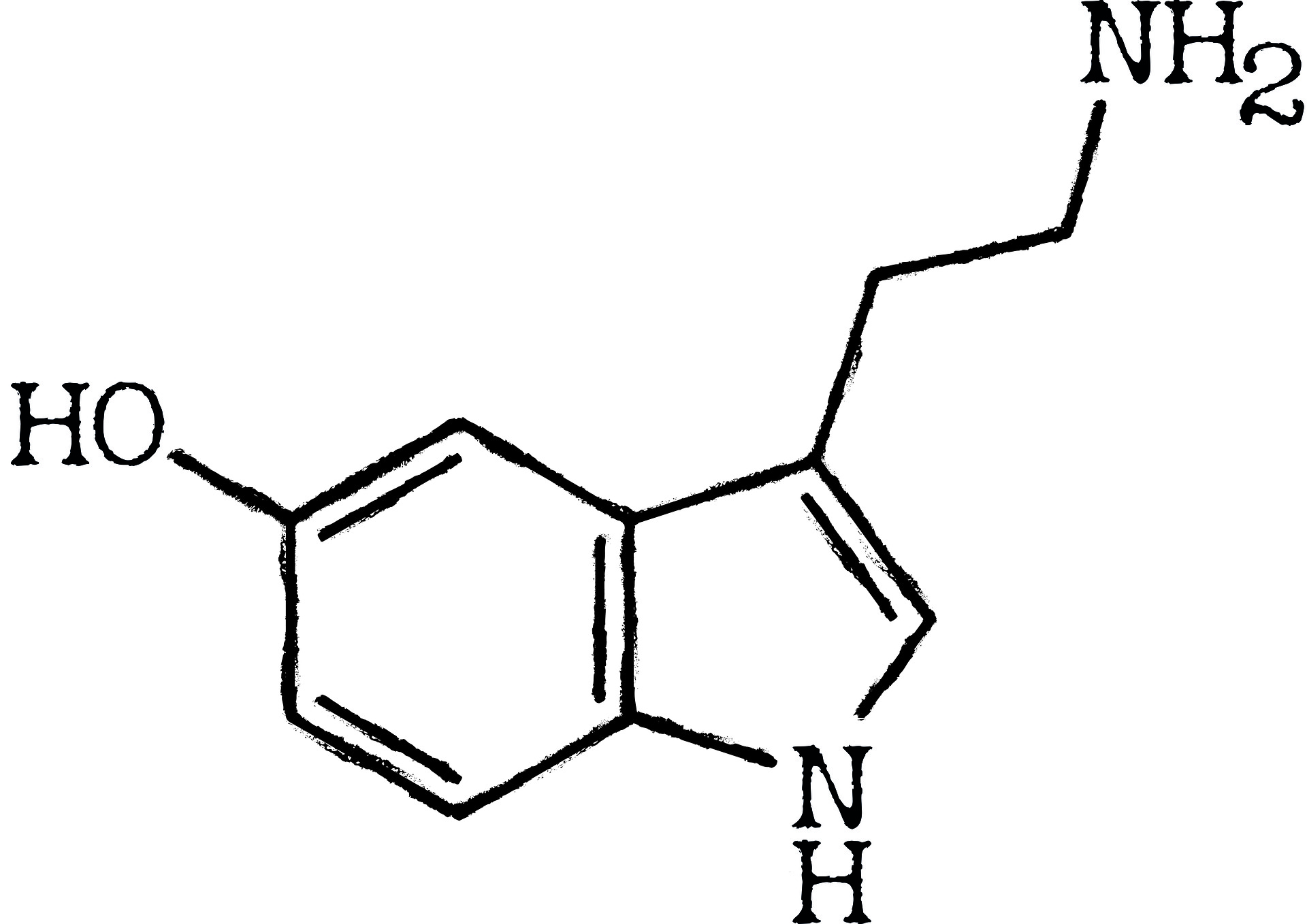
It is made into serotonin, a neurotransmitter that is involved in sleep, memory, and other brain processes.
Or what about dopamine, the feel-good neurotransmitter that also helps you focus? Foods containing tyrosine, like chicken, yoghurt, cheese, bananas, avocado and almonds, increase dopamine in the brain. Tyrosine is an amino acid, a building block for dopamine.
- You won’t be able to concentrate when you’re hungry, so eat regularly. Also, skipping meals increases the chance you’ll grab an unhealthy snack and it reduces your energy. Whatever you do, eat breakfast! A good breakfast would be scrambled eggs on whole-wheat toast.
- Eat protein and good fats (coconut oil, organic butter, olive oil, ghee, avocado) with every meal to avoid ‘sugar spikes’.
- Water, water, water! Make sure you stay hydrated. Don’t wait until you get thirsty, but make sure you drink at least 6-8 glasses of water a day. Even mild dehydration impairs physiological and performance responses. Also, a lot of nutrients dissolve in water, so they can be absorbed more easily in the digestive tract.
Brain Foods
- Eggs contain choline, a co-factor for the neurotransmitter acetylcholine, that helps memory and mental clarity. Eggs also contain vitamin D which has brain-protective properties, improves memory, and increases problem-solving ability.
- Oily fish such as salmon, mackerel, anchovies, sardines, and herring. These fish contain a good level of omega-3 fatty acids which are needed for the structure and function of neurotransmitter receptors. About 60% of your brain is made of fats. 25% of that is DHA, an omega-3 fatty acid!
- Nuts and seeds, such as walnuts, Brazil nuts, almonds, pumpkin seeds, chia seeds and sesame seeds. Good sources of omega-3 fatty acids, but also magnesium which is required for nerve function and neurotransmitter release.
- Fruit and vegetables, particularly citrus fruit, kiwi, berries, green leafy vegetables, cruciferous vegetables (broccoli, cauliflower, rocket, Brussels sprouts etc.), sweet potato and bell pepper, as these are high in vitamin C. Vitamin C is essential in the production of neurotransmitters. Multi-coloured fruit and vegetables also contain antioxidants which protect you brain from free radical damage. Vegetable sticks with hummus, sliced apple with nut butter or guacamole with oatcakes are great snacks!
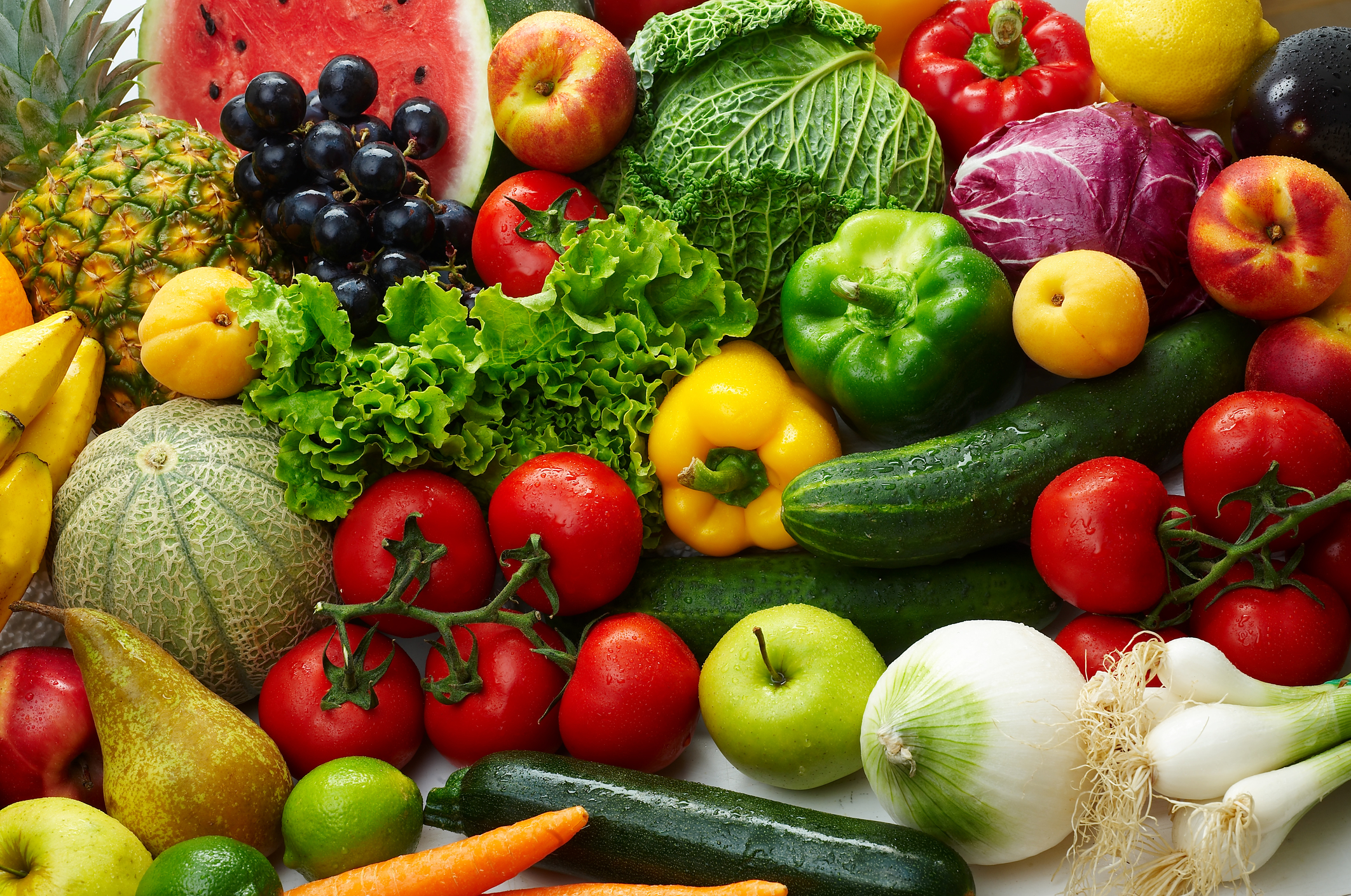
- Fibre from fruit and vegetables, pulses, wholegrains etc. Fibre is important for gut health. What does this have to do with your brain you might think. Well, gut health and brain function are actually closely linked. 90% of serotonin, and other neurotransmitters are made in the gut!
- Meat, fish, dairy, eggs as they are a great source of the B vitamins, which are needed for neurotransmitter production. Especially vitamin B6, B9 and B12 as they improve brain function. Meat etc. is also a good source of zinc, which is the most abundant trace mineral in the brain. Hard-boiled eggs, a small piece of cheese or a roasted chicken drumstick keep you going in between meals.
- Green tea contains, apart from powerful antioxidants, an amino acid called L-theanine, which works well on the nervous system and is very calming. It also contains caffeine but a lot less than coffee, but still enough to improve your brain function, including memory, reaction time and alertness. It is one of my favourite drinks while studying.
Stress & Anxiety
When you are stressed or anxious, a common reaction is a sudden urge to eat, and usually you reach for the wrong types of food. Consuming these foods increases the stress on your body.  Sugary, starchy foods are the worst choices. Skipping meals, high caffeine intake and ‘convenience ‘ foods all have a bad impact on the body, especially when you’re stressed.
Sugary, starchy foods are the worst choices. Skipping meals, high caffeine intake and ‘convenience ‘ foods all have a bad impact on the body, especially when you’re stressed.
If you would like to help your body to cope with stress and anxiety, try to improve your diet, by incorporating the following foods:
- Dark Leafy Vegetables (like spinach) are rich in folate, which helps your body produce mood-regulating neurotransmitters.
- Magnesium-rich foods- Magnesium helps regulate cortisol, the stress hormone. Magnesium gets flushed out of the body when you’re stressed, so it’s crucial to replenish your stores.
Seaweed and green leafy vegetables like spinach and Swiss chard can be excellent sources of magnesium, as are some beans, nuts, and seeds, like pumpkin, sunflower, and sesame seeds. Dark chocolate (in moderation) contains magnesium and is full of antioxidants.
- Nuts - Stress depletes our B vitamin stores and snacking on nuts helps replenish them. B-vitamins are essential for good blood sugar regulation and neurotransmitters.
- Vitamin C rich foods – i.e. red peppers, dark leafy greens, kiwifruit, broccoli, berries, citrus fruits, tomatoes, and papayas. A diet high in vitamin-C-rich foods lowers cortisol and helps you cope better with stress.
- Eat complex carbohydrates such as brown rice, oats, beans, and lentils. These foods have complex structures, are full of fibre, high in nutrients, and take longer for the body to break down, providing a slow, sustained release of energy (glucose). Oats are high in magnesium, B-vitamins, zinc, dietary fibre, and protein.
- Make sure you get good quality protein and fats with all your meals and snacks.
- Omega 3 fish oils, again. Not just good for your brain. Research has shown that omega-3 fatty acids have anti-inflammatory benefits on your gut flora and can improve the composition and diversity of the gut bacteria. Stress can change your gut flora dramatically.
- Bananas are a good source of vitamin B6, vitamin C, potassium and fibre. They are quite high in carbohydrates, but don’t worry, if you eat a banana with protein (i.e. in a smoothie with yoghurt or milk), your blood sugar level doesn’t go up as quickly as a banana on its own.
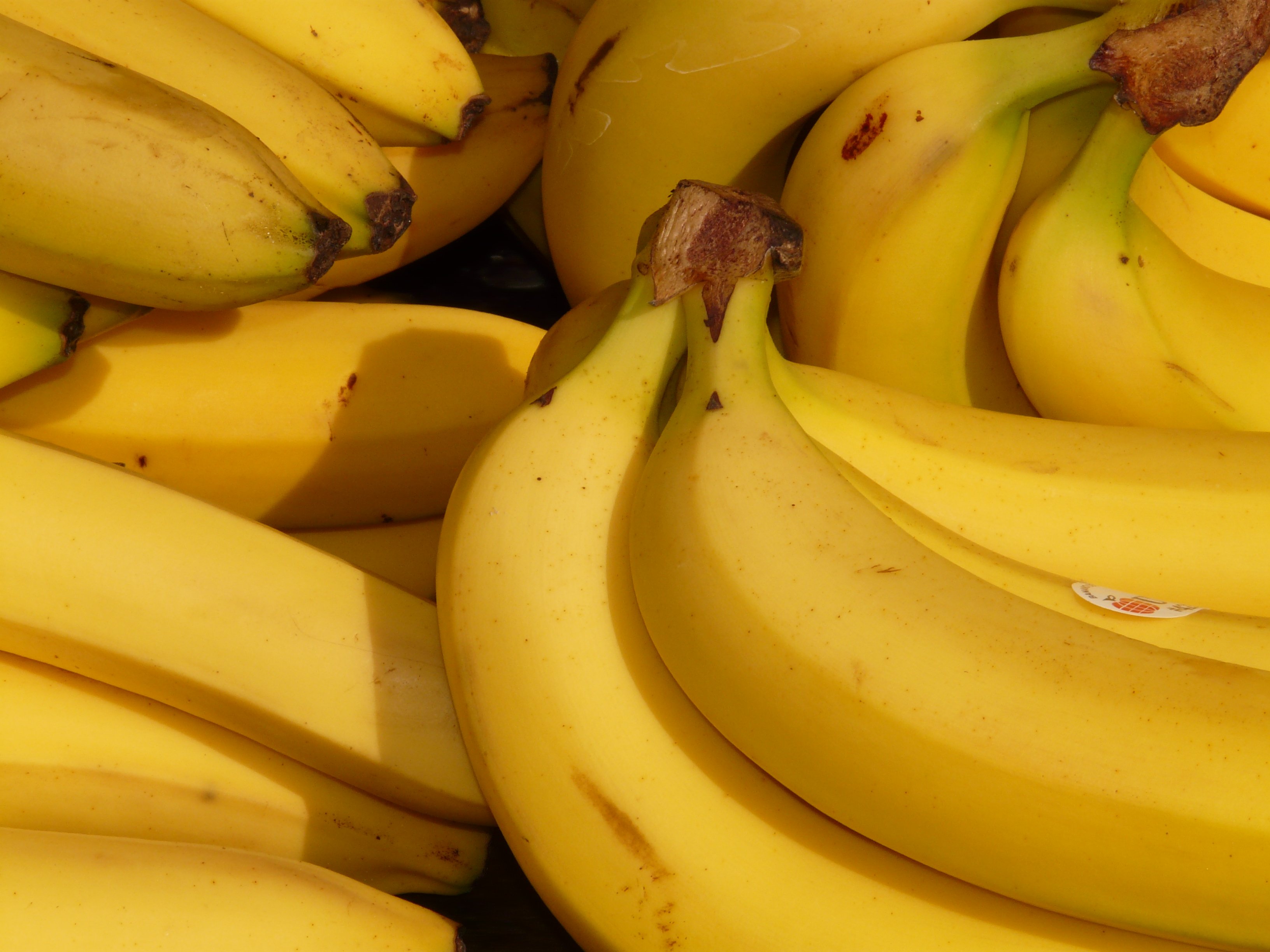
- Avoid caffeine, alcohol and smoking - caffeine stimulates adrenaline, which can increase anxiety and nervousness, but also encourages the release of stored glucose, causing a quick rise in blood sugar that can make you feel worse.
- Eat regularly - maintaining steady blood sugar levels. Continuously elevated blood sugar levels can cause cravings, make you feel jittery or irritable . or worse, develop into insulin resistance eventually.
- Take time to eat and chew your food well – stress can affect the secretion of gastric juices, and thus your digestion.
Skin
About 80% of 10 teenagers get acne, mostly because of the hormonal changes that are taking place during the teenage years. Diet and lifestyle are not directly the cause of acne, but they are a very important factor. Good skin care is vital too.
The best advice for acne is eliminating, or at least reducing all processed and junk food, foods high in refined sugar (not just in biscuits, cakes, sweets etc. but also in soft drinks, fruit juices etc.). Not easy, I know, but you will see that it will have a positive effect on your skin.
A healthy gut and good detoxification will also help improve your skin.
- There are people whose acne flares up when they consume dairy. It may be worth trying dairy alternatives such as almond, hazelnut, hemp, coconut or oat milks, and see if this will improve your skin.
- If your acne is bad, it is worth cutting out gluten, as gluten may promote inflammation.
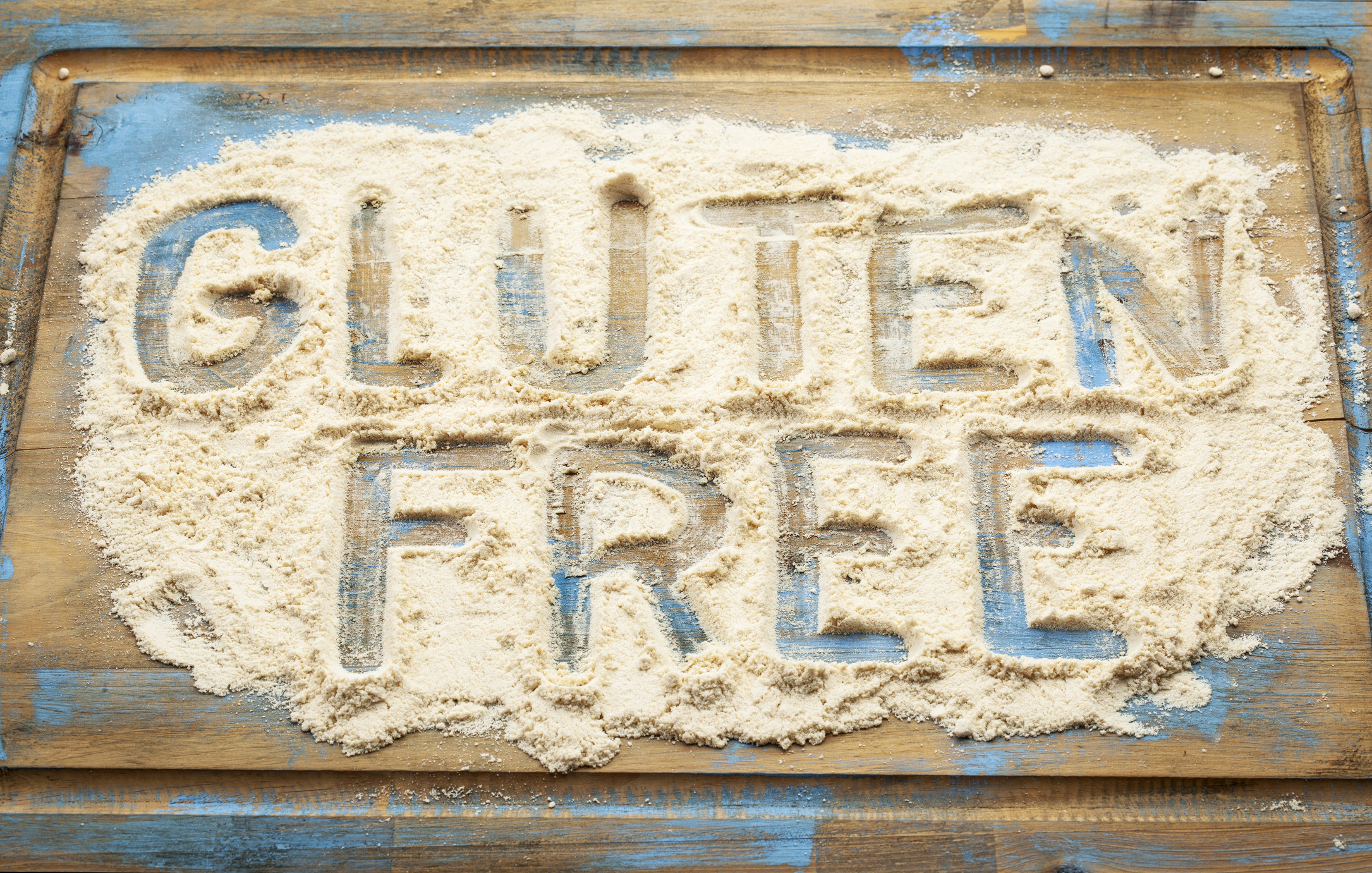
- Fibre for gut health (see above).
- Cruciferous vegetables such as broccoli, cauliflower or rocket for good detoxification.
- Onions and garlic act as natural antibacterial and antiviral agents.
- Omega 3 fish oils, again, because of their anti-inflammatory properties.
- Ginger, rosemary and turmeric, because of their anti-inflammatory properties.
- Zinc-containing foods such as meats, poultry, legumes, eggs, pumpkin seeds, sunflower seeds, nuts, fresh root ginger.
Supplements

There are quite a lot of supplements that can have an impact on concentration, mood, skin health or how your body copes with stress and anxiety, but it is difficult to say which ones are best, as this is very personal. After all, we are all unique individuals.
In general, I would recommend the following supplements:
- A good quality multi vitamin and mineral formula, preferably specially formulated for teenagers. For example, Wild Nutrition’s Bespoke Teen or Nature’s Plus Power Teen, for boys or girls.
- Probiotics – gut health is important for overall wellbeing
- Fish Oil, capsules, or liquid – for brain, gut, and skin health
- Vitamin D - essential for brain health, mood & memory, and it has anti-inflammatory properties, so it is also good for the skin
Plus any of these for stress and anxiety
- Vitamin C – an important antioxidant
- B-vitamins - involved in brain chemistry and neurotransmitters
- Phosphatidylserine – helps maintain cortisol levels within the normal range
- L-theanine - increases serotonin and dopamine production in the brain, calming
- Magnesium – reduces stress hormones and relaxes
Plus any of these for skin health
- Zinc - boosts the immune system and supports healing
- Vitamin A* – reduces inflammation
*Be careful with the dosage of vitamin A, as high doses will do more harm than good!
If you’re on medication, always check with your GP if you can take supplements as there could be drug-nutrient interactions.

